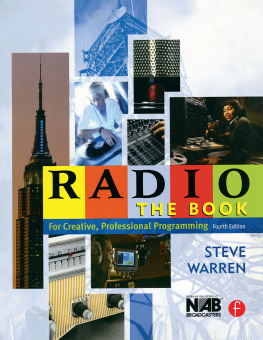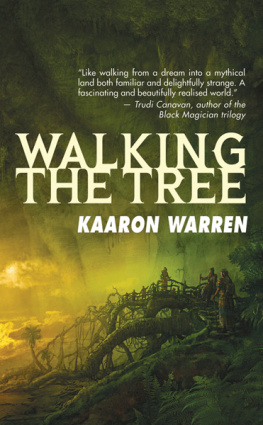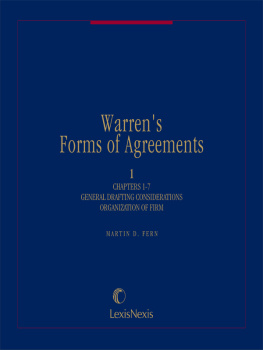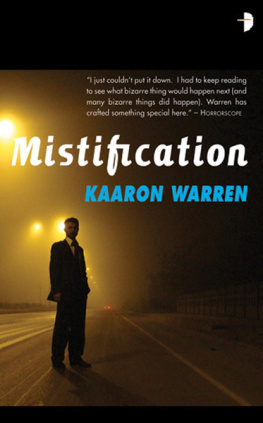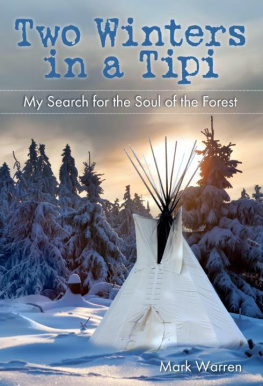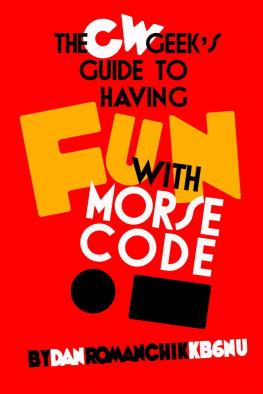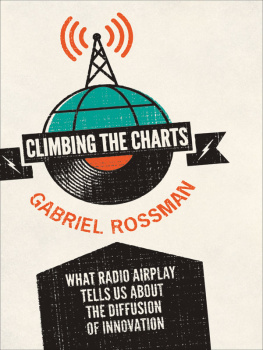
RADIO
The Book
Fourth Edition
Steve Warren

First published 2005
This edition published 2013
by Focal Press
70 Blanchard Road, Suite 402, Burlington, MA 01803
Simultaneously published in the UK
by Focal Press
2 Park Square, Milton Park, Abingdon, Oxon OX14 4RN
Focal Press is an imprint of the Taylor & Francis Group, an informa business
Copyright 2005 by Taylor & Francis.
All rights reserved. No part of this book may be reprinted or reproduced or utilised in any form or by any electronic, mechanical, or other means, now known or hereafter invented, including photocopying and recording, or in any information storage or retrieval system, without permission in writing from the publishers.
Notices
Practitioners and researchers must always rely on their own experience and knowledge in evaluating and using any information, methods, compounds, or experiments described herein. In using such information or methods they should be mindful of their own safety and the safety of others, including parties for whom they have a professional responsibility.
To the fullest extent of the law, neither the Publisher nor the authors, contributors, or editors, assume any liability for any injury and/or damage to persons or property as a matter of products liability, negligence or otherwise, or from any use or operation of any methods, products, instructions, or ideas contained in the material herein.
Library of Congress Cataloguing in Publication Data
Warren, Steve, 1945
Radio : the book / Steve Warren.4th ed.
p. cm.
Includes index.
ISBN 0-240-80696-4 (alk. paper)
1. Radio broadcasting. I. Title.
PN1991.5.W37 2004
384.54dc22
2004020548
British Library Cataloguing in Publication Data
A catalogue record for this book is available from the British Library
ISBN 13: 978-0-240-80696-9 (pbk)
Dedication
It would take another book to list all the people, places, and influences that have shaped my career and given me the building blocks to create fun, compelling, and rewarding radio programming. Id particularly like to thank all the people along the way who allowed me the latitude to try something new and those who broke with tradition and did not fear to zig while everyone else zagged.
Clearly, I pay homage to my many program directors, managers, and fellow announcers from whom I acquired multiple viewpoints when making decisions.
My hobby, passion, and personal interest has always centered around two thingsfood and radio. On Friday, August 13, 2004, Hurricane Charley swept through Punta Gorda, Florida, a town appearing early-on in my radio resume (WCCF). Hurricane survivors credit local radio with keeping them informed during the aftermath of the storm. When living there back in 1964, I watched my favorite media icon and gourmet role model, Julia Child, as the fledgling French Chef on black & white TV. Coincidentally, on exactly the same day as Hurricane Charley hit, Julia Child passed on to that great kitchen in the sky.
I visited Punta Gorda a few days after the storm, and both Punta Gorda and Julia, as well as the lessons learned from each, were very strong in my thoughts.
Preparing great radio is like preparing great food. Have fun, make it interesting, but be prepared for crisis.
I dedicate this work to the multiple and varied influences on our lives, even though we may not recognize them at the time.
CONTENTS
PREFACE
This will be the fourth time I have tackled the project of writing about radio. In earlier editions I asked myself, Why write a book about radio in the first place? but early in the 1970s when I was working at my first New York City radio job (WPAT), I had lots of time to think about where I was and how I got there. It seemed like a quantum leap from a high school station in New Albany, Indiana (WNAS), to being on the air in the top radio market in the world. At that time I thought I would put pen to paper and document how I made the journey. It took about a year of inconsistent effort to gather what finally amounted to a collection of anecdotes and stories Id accumulated in ten years. I called the collection Floaters, Drifters, and Prima Donnas after the somewhat less than respectful opinion held by some radio station owners referring to announcers. Although I shared the stories with my family and friends and printed a few dozen copies of the book, I saw that it was not yet time for writing memoirs.
Its all perspective. When I thought that finally getting a job on the air in New York was the zenith of my career, I soon discovered that it was not the end of an upward professional climb, but the beginning of another series of goals and achievements. The years on the air in New York and then my program director jobs taught me many lessons about major-market thinking and politics. I also became more acutely aware of the enormous stakes at risk in major-market radio and the incredibly talented people who participated at that level, both on the air and in management. I have regularly expressed concern over the ability of many of todays consultants to operate with little or no relationship to the listener, just to data, statistics, and philosophy. Its not that those arent crucial elements, but they take on new meaning when applied to a real group of people instead of a disembodied number. Ive always known that you learn best by doing and that anyone purporting to be in the communications industry should strive to communicate with the end users of the product. For these reasons, Ive always continued to stay closely involved with actual on-air broadcasting, including doing occasional weekend shifts at area stations or hosting my weekly syndicated show.
In 1980, following the collapse of the WKHK-FM attempt to be New Yorks country music station, I grew a little weary of being a pawn in the game plan known to only a few corporate officers. I also felt that as long as I stayed on the air full-time, I was pigeonholing myself as air talent, doomed to following the direction of others and finding little audience for my own thoughts and opinions. By this time I had worked for a radio network, been in Country Music, News-Talk, Top 40, MOR, Classical, Adult Contemporary, Urban, Easy Listening, and several dozen other broadcasting circumstances that defied format identification altogether. When I accepted my first major-market program director job at WPTR in Albany right after leaving WKHK, I really turned the corner professionally in terms of fulfillment. WPTR started a string of programming success stories that have continued to this day and have been the most gratifying experiences of any in my career.
I also noted the stickers on my luggage and which states and cities I had called home for greater or lesser periods of time (depending upon the level of accomplishment). I was delighted to have conquered several legendary stations, including some of the big 50,000 watt AM giants heard across America. The cities and stations include the following:
| State | City | Station |
| Kentucky | Louisville | WKLO, WTMT, WLRS, WLKY-TV |
| Indiana | Indianapolis | WIRE, WGEE, WAIV, WIFE, WISH/TV, WTLC |
| Indiana | Corydon | WPDF |
| Indiana | New Albany | WNAS, WOWI |
| Indiana | Elwood | WBMP |
| Delaware | Wilmington |
Next page
